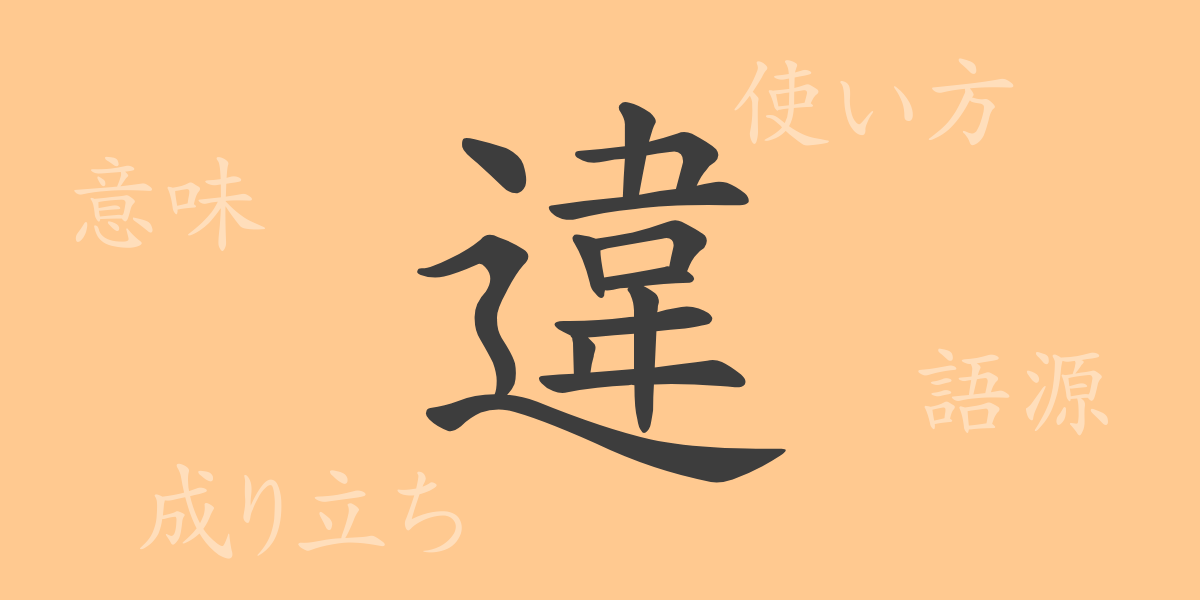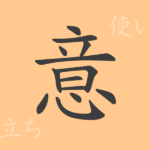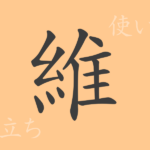“
The power of a single Kanji character is deeply rooted in its form and history. ‘違’ (I), a commonly used Kanji in Japan, is no exception. This character, frequently used in everyday life, encompasses a variety of meanings and usages, playing a crucial role in our communication. This article explores the etymology of ‘違’, its contemporary uses, and its presence in idioms and phrases, delving into its charm and significance.
Origins of 違 (I)
The Kanji ‘違’ originated in ancient China, initially depicting the crossing of a walker’s feet, symbolizing divergence. Over time, this concept of crossing evolved to mean ‘to differ,’ and through various cultures and eras, it has come to be used in the sense of ‘to differ’ today. The form of this character has changed over time, settling into its current structure.
Meaning and Usage of 違
‘違’ carries meanings such as ‘to differ,’ ‘to err,’ and ‘to contradict.’ For example, in ‘意見が違う’ (opinions differ), it means ‘to differ,’ and in ‘規則に違反する’ (to violate the rules), it means ‘to contradict.’ Furthermore, ‘違う’ is a very common verb in Japanese, frequently used in everyday conversation.
Readings, Stroke Count, and Radical of 違
The Kanji ‘違’ has unique readings and a distinct structure:
- Readings: On’yomi (Sino-Japanese reading) is ‘I’, Kun’yomi (Japanese reading) are ‘Tiga-u’ and ‘Tiga-eru’.
- Stroke Count: 13 strokes.
- Radical: 辵 (Sinnyou), indicating movement.
Phrases, Idioms, and Proverbs Using 違
Numerous idioms, phrases, and proverbs in Japanese include ‘違’ such as:
- 違反 (Ihan): Violating rules or laws.
- 違和感 (Iwakan): A sense of discomfort or that something is amiss.
- 見解が違う (Kenkai-ga-tiga-u): Having differing opinions.
These expressions help articulate the nuances we perceive or think about in our daily communications.
Summary of 違
The Kanji ‘違’, as its form suggests, symbolizes divergence and difference. Widely used in the Japanese language, it plays an indispensable role in communication, reflecting the depth of meaning and breadth of use that enrich our language. ‘違’ serves as more than just a character—it is a vital tool that enables the expression of our thoughts and feelings.
“

























